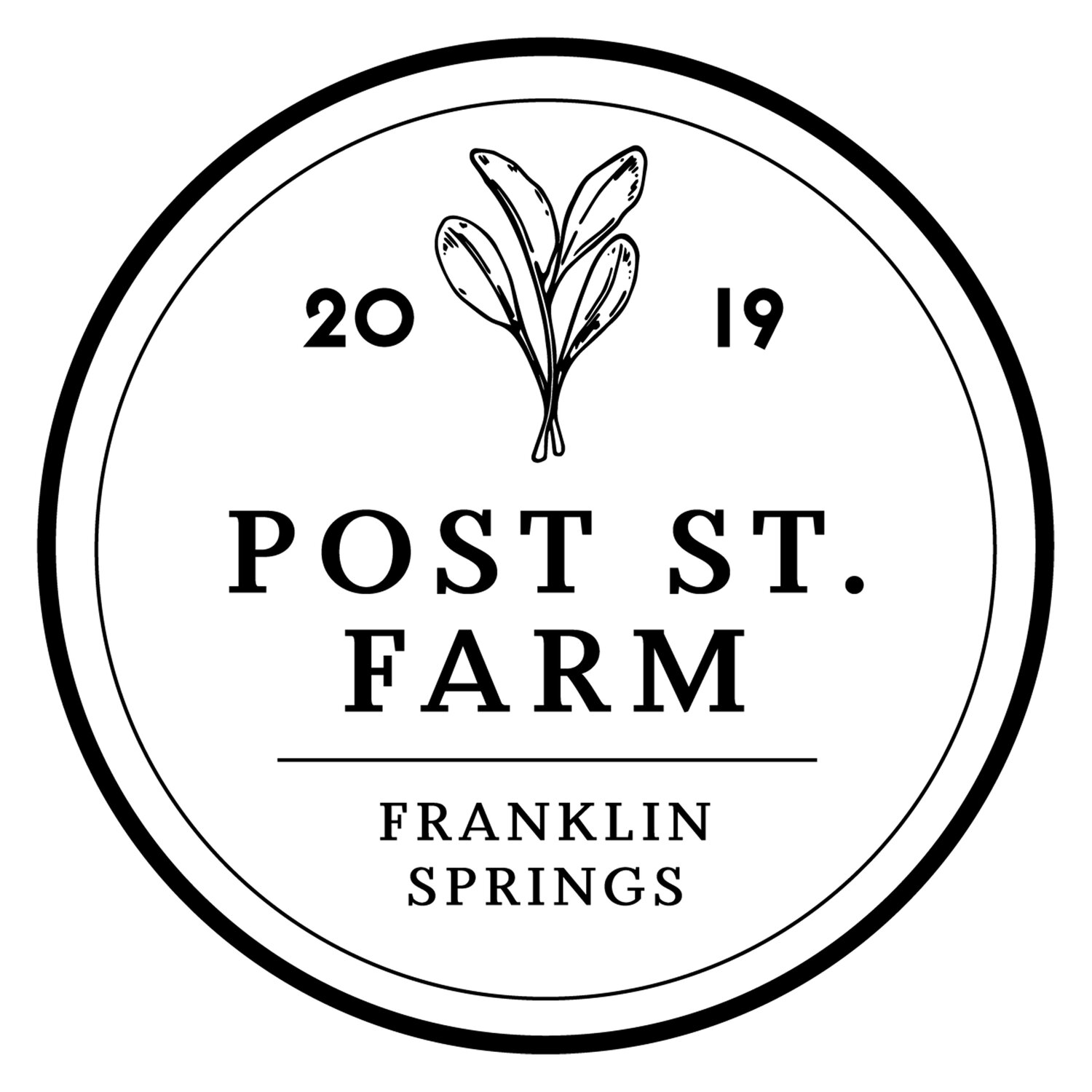Nutrition Without Food?
There's a funny thing happening with food and nutrition right now. That is, food—real food—is showing up less and less in the conversation. We're getting away from, "An apple a day keeps the doctor away." Now there's a pill for that. Forget the apple.
Recently, the USDA released a study that found a healthy diet can be achieved by consuming mostly ultra-processed foods. In the study's report, nutritionist Julie Hess said, and I wish I was kidding, "According to current dietary recommendations, the nutrient content of a food and its place in a food group are more important than the extent to which a food was processed."
Hmmm.
Looking at food as an equation feels a little... weird. Yes, when you break down diet into charts and a math problem you can get one side of the equation—ultra-processed food—to equal the other—healthy consumption. It looks good on paper.
But what else comes along with all that factory food finagling? Added fat, salt, sugar, reconstituting and restructuring? Emulsifiers? Preservatives? And how do our bodies respond to that?
In nature, it is possible to come across a strawberry and eat it, but it is far less likely to stumble upon a strawberry Pop-Tart bush. We can look at this as: "Cool, we've won the game. We’ve progressed as a society. Let's get our Pop-Tart on!' Or we can say, "Maybe we should rethink where we're going."
If you need more convincing, here's another study. Two twins consumed the same number of calories, nutrients, fat, sugar, and fiber for two weeks. One ate naturally and the one ate ultra-processed. Everything was the same if you go by the USDA's definition. But the twins had two very different experiences.
In local healthcare news, there has been a lot of excitement about a new hospital, the Mohawk Valley Health System's Wynn Hospital. For years, local media has been covering this development and for good reason. A new facility with advanced equipment and services to serve our community. It's great! But in all the news coverage on this development—we've heard about the robotic surgery, the stroke center, the valet parking!—I don't remember ever hearing about the food that will be served to patients.
@mvhealthsystem
Sure, it's small potatoes (heh!) in a project this big. A side note. No, I don't think farm-to-table is an option when you're serving that many people and at all hours of the day. But it is interesting that food doesn't come to mind to anyone—myself included at first—when talking about patient care in this new facility.
In fairness, the cafeteria options might very well have been covered at some point in interviews with MVHS staff—I didn't listen to every interview. And I did look over the menu on the Wynn Hospital website. It looks decent! But, let's face it, hospitals do, in general, have a reputation for bad food.
Healthcare should be founded on a nutritional—and hopefully natural—diet. You wouldn't run a marathon without training ahead of time and wonder why you're winded on mile three. No amount of gatorade or Go Gel can make up for not putting the work in to prepare.
Food is food. We should keep it in mind when thinking about overall health and we should think twice before reengineering it too much. Willy Wonka's three-course dinner chewing gum seemed like a great idea to Violet Beauregarde at first. But we all know what happened when the blueberry pie course hit.
Stick to real blueberries. Avoid the juicing room.
—John




